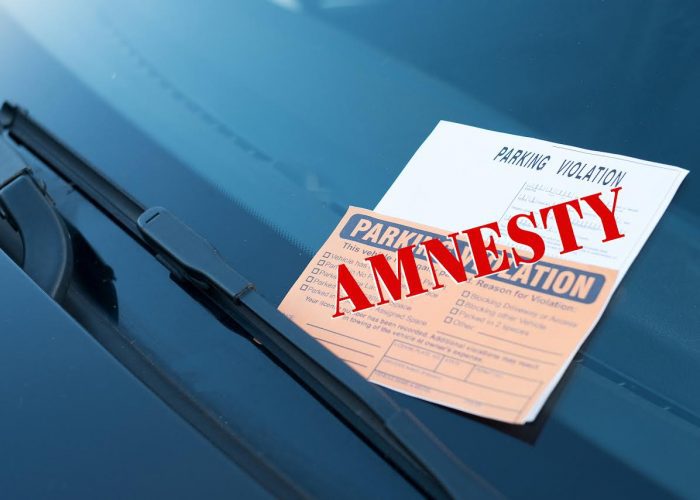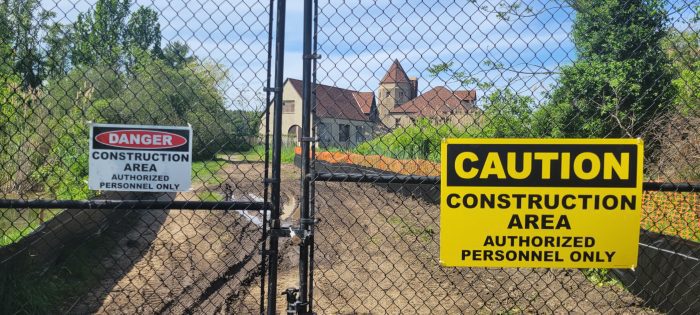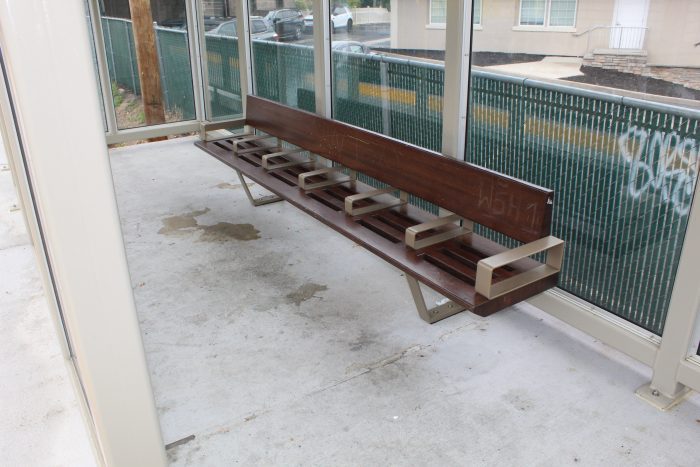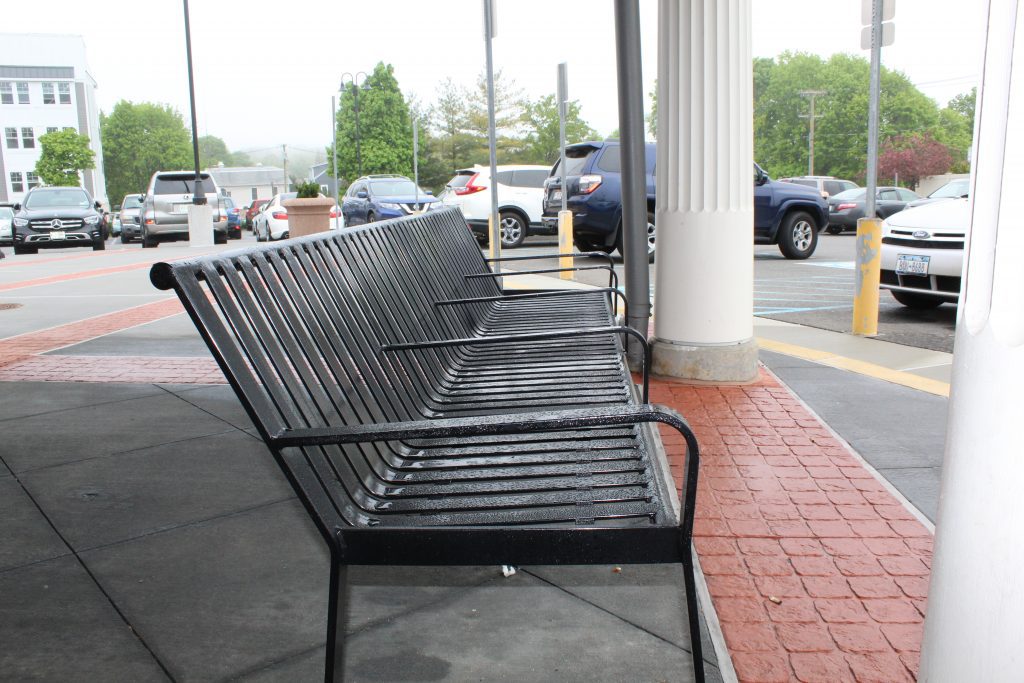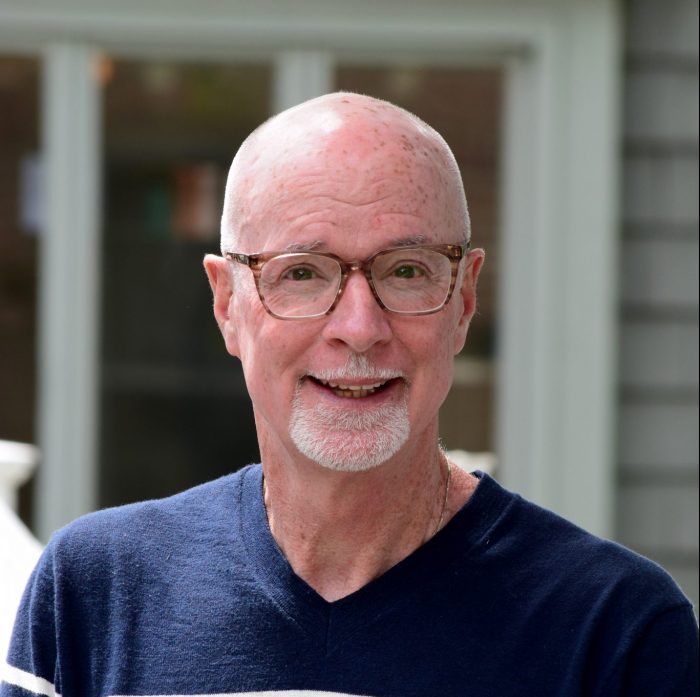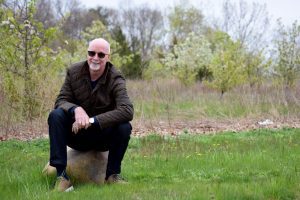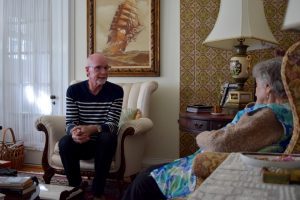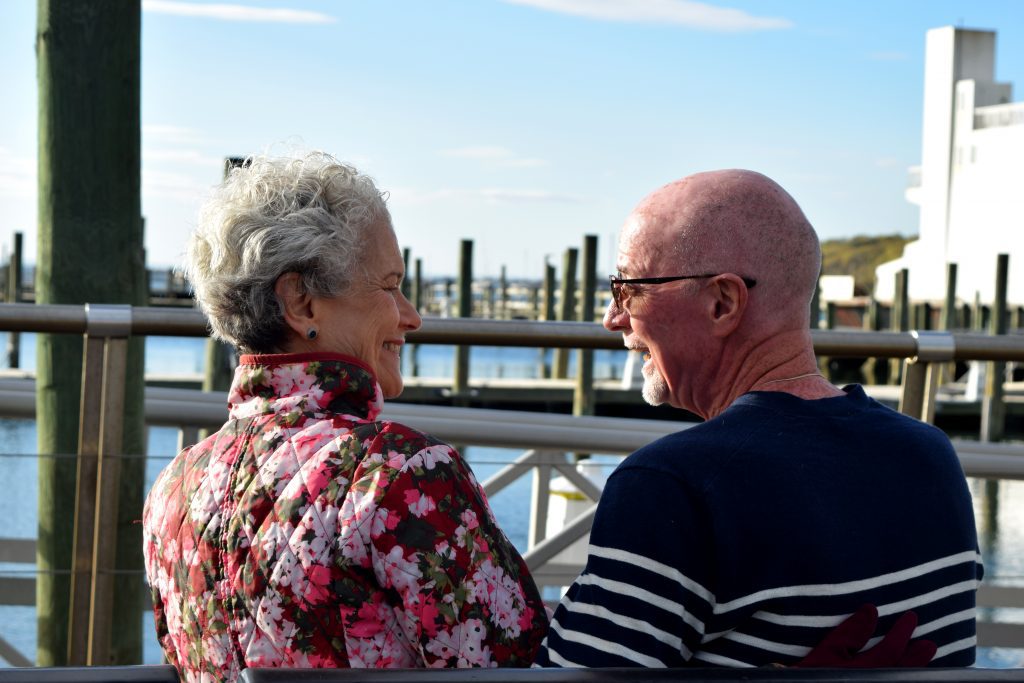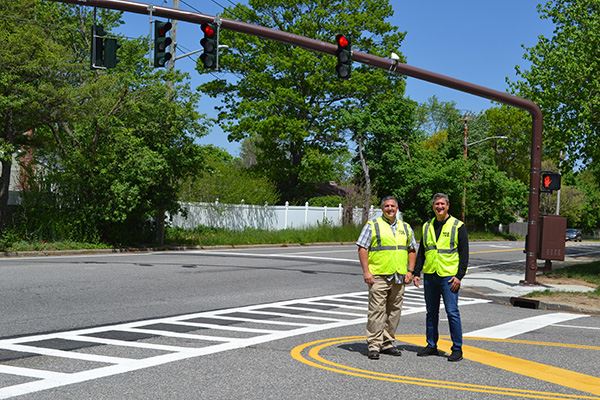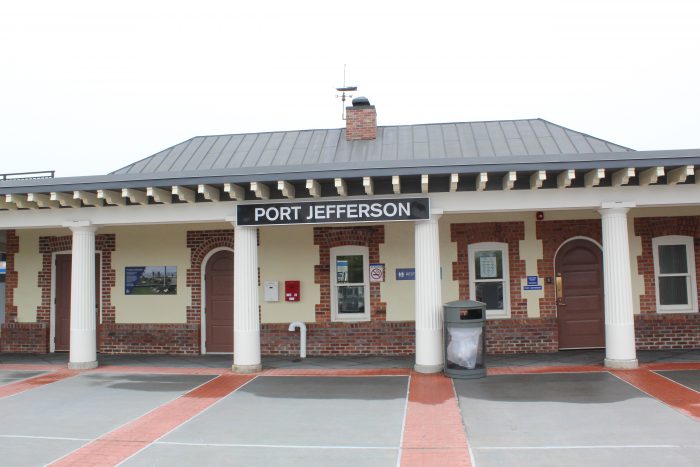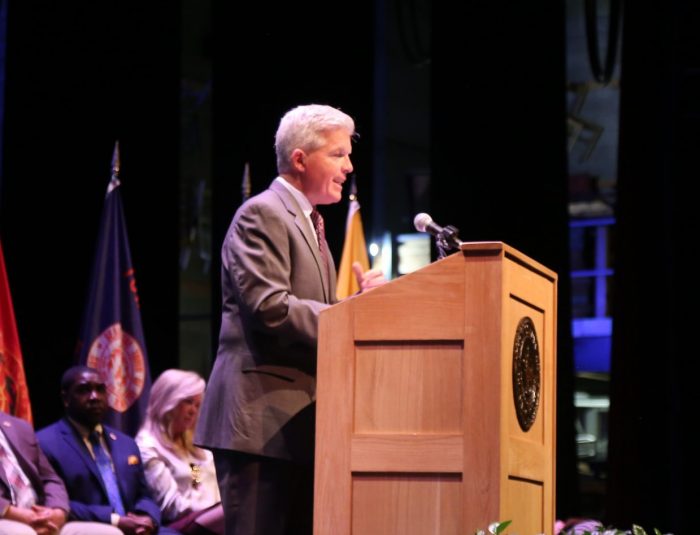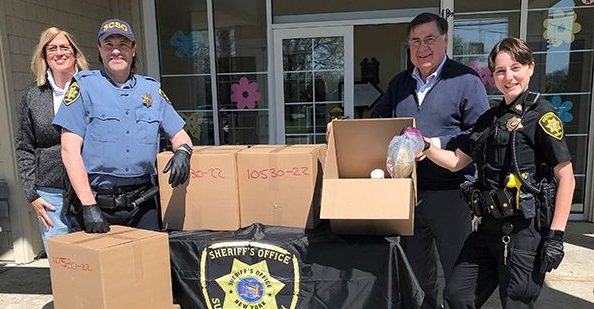Ana Hozyainova is a candidate for trustee in the upcoming village election on June 21. During a recent interview, she discussed her background in social work, her experiences abroad, the threat of climate change to Port Jeff village, the East Beach Bluff and more.
What is your background and why would you like to be involved in local government?
I would like to answer that in reverse order — why I would like to run and then how my background is beneficial in the service to the village.
One of the key things is that I would like to build upon and preserve the legacy that the village has already created. I see that the village, just like the rest of the nation and other municipalities, faces a number of challenges that are way outside of our control. For example, we are a coastal community that will suffer significantly with the worsening impact of climate change. The flooding will become only worse.

We are a community that changes in its residential structure. The nation is aging and the nation is shrinking in certain ways, and this will have an impact on the village and the way the village works. We also as a village observed decline in our tax revenue, mainly through the LIPA gliding path. Any one of those challenges is already an issue that would require significant adjustment, but three of them together compound the issue and require a long-term vision and long-term solutions to the way the village functions.
I hope to be able to engage in that process because I would like to make Port Jefferson my long-term home. I have a family here and I would like that family to continue to grow and stay in the village. For me, the role of the trustee is a person who sets the policies, sets standards and hires people to implement those policies. This is where I believe my skills and my background are incredibly useful for the village.
I come with nearly two decades of experience of human rights work, international work. I worked in fields as diverse as countering violent extremism to working with mental health issues to doing community organizing to developing policies to address such thorny issues as: How do we still torture?

The issues I mentioned before are very difficult to address and they require creative thinking and problem-solving in order to develop a viable, functional solution. I believe that I have those solutions. I also have an education that is very helpful for that with a degree in social work from Columbia University. Part of the reason that I chose that school is that at the core of the teaching in my school, the person was put front and center.
With a lot of the political decisions — be it raising of the taxes or changes in the code or restructuring the zoning of the village — it is very easy to forget the human that will be impacted by those decisions. I have the skills that would be required to actually look at who would be those people who would be affected and what can we do to make sure that our decisions serve the greatest good of everyone involved, that we’re not just doing quick and dirty “let’s fix this” and forget about the unintended consequences that might come out of those decisions.

Given your experiences abroad, why did you turn your focus inward toward local issues?
Again going back to my time at Columbia University — and the reason I mention it is because when I was there, I found it incredibly frustrating when my teachers would say, “Think small. Think of the impact that certain actions would have on people at the local level. Engage with the small steps first. Don’t try to change the whole system at the same time. It will become overwhelming and unmanageable. Think about issues that affect people on the ground, and from there start building up your intervention.”
As the years passed by, I’ve learned — despite my frustrations — that that’s indeed the true way to bring real change into the lives of the people. At the moment, my residency ended up in Port Jefferson by virtue of the people who I met, the person who I married. I feel that the work that can be done at the local level is no less important than any of the work that I could have done elsewhere. Right now, the moment has brought me to Port Jefferson and this is where my skills can be most useful and could be applied right now.
You have been a vocal proponent of reconfiguring roadways in the village. In your opinion, what is wrong with these roadways and how can they be improved?
The issue of walkability in Port Jefferson, especially pedestrian safety, is an issue that is very dear to me. I live in a residential neighborhood with two main roads that kind of hug the area. I walk those streets every day and I personally experience the impacts that speeding cars or reckless driving could have on pedestrians.
It is the issue that I personally experience and that’s how I start organizing the work. I’ve heard too many people say this is dangerous and unsustainable, that they’re fearful of walking but it’s the only exercise that they have. So I rallied the community for stop signs on California Avenue as an interim measure to assess what other possible solutions can be brought in to improve pedestrian safety.
As I did that work, I also got in touch with other residents in the village who also voiced their concerns and discovered that it is a systematic problem, that many people face issues about safety on the roads. What I hope to do is a systematic assessment of what can be done in Port Jefferson to make it more walkable as a village because our ability to walk is one of the prerequisites for developing strong, friendly communities. That is how my activism on pedestrian safety has started.
The issues that I would like to address if I were elected are the questions of transparency in the village.
— Ana Hozyainova
What are the most critical issues facing the village?

I mentioned earlier that climate change, the change and declining population nationwide and the lowering of the tax base are the crucial aspects that we are facing as a village. The issues that I would like to address if I were elected are the questions of transparency in the village.
By this, I mean that we have a number of pretty large projects that are developing in the village that have not received adequate public consultation, and the village has not made the effort to engage the community in the level that it should have. For example, the question of the $10 million that was borrowed to stabilize the [East Beach] Bluff. I personally have a lot of questions about how the project was designed, what other issues have been explored or addressed, also to hear what the rest of the residents want to say or have priorities for, and how they conceptualize and prioritize that as an issue.
I believe that the village has not had adequate engagement on those issues. The presentation on the bluff is available on YouTube, but that information does not adequately reflect the complexity of the issues that we are facing. For example, when we have a Dickens Festival, we don’t just publish a legal notice that there will be a festival and forget about it. We actually make a campaign, we engage people, we invite people over and over and over again, and the festival is a success.
So similar things need to happen when we are making decisions about the village such as the bluff or as small as figuring out the budget. What are the priorities for spending that would be in the residents’ interests? Transparency is one of the core areas to be developed if I were elected.
The other issue is climate change. Coming back to the question of the bluff, part of the reason why we have this situation is the way that climate change is exacerbating the storms and thus speeding up the erosion of the bluff. It’s a man-made issue: The harbor where the bluff sits used to be salt marshes. The movement of water in the salt marshes is significantly slower than in the dredged marshes that created Mount Sinai Harbor, which subsequently affected our bluff.
We are dealing with a double whammy of the harbor that we’ve created. I love this beach, I enjoy having access to that beach, but that beach is exacerbating the erosion of the bluff along with the more severe storms. I believe we will need a greater consultation about how we spend the rest of the money that has already been allocated for the upper part of the bluff. If elected, that will definitely become one of my priorities.
How can residents play a more active role in decision-making?
Part of it is the way the village engages with the village. For example, the Village of Port Jefferson doesn’t have a civic association. It has a range of working committees, but it doesn’t have a civic association that will collect or take the views of residents who might not be able to attend the public meetings held once a month at 6 o’clock.
Until I became engaged in the traffic safety issues, I found it very difficult to make my way to those meetings. It’s only after I rallied the community and took on the weight of their trust that I started making the time to go to those meetings.
If I were elected, I would explore a range of issues to engage more with the residents. One of them would be, for example, having a weekly time slot at the farmers market where one trustee can man a booth every week, so the residents wouldn’t have to go out of their way to engage the government. At the moment, I feel that the local village government is not doing enough to engage with the residents.

Is there anything else you would like to say to our readers?
To summarize my message, I believe that I possess the skills and experience that are required to serve as a trustee. If elected, I would be putting the residents front and center of my work in making sure that they are consulted and engaged, and that the best interests of all of the residents are considered.


